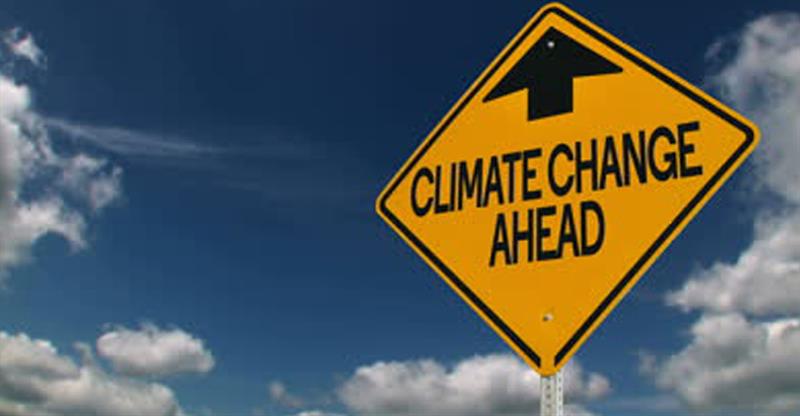 Urgent investment into infrastructure more resilient to climate change is needed to allow Caribbean island nations to achieve clean energy and sustainable development plans, concluded a high-level meeting of representatives from Caribbean governments, development partners, and regional organizations in Saint Lucia.
Urgent investment into infrastructure more resilient to climate change is needed to allow Caribbean island nations to achieve clean energy and sustainable development plans, concluded a high-level meeting of representatives from Caribbean governments, development partners, and regional organizations in Saint Lucia.
In the wake of the shocking damage inflicted by Hurricanes Irma and Maria in 2017, delegates focused on rebuilding national infrastructures which will withstand extreme weather, and give them the chance to implement ambitious climate action plans put forward under the Paris Climate Change Agreement.
Nyasha K.K. Hamilton, Environment Educator from the Ministry of Economic Planning, Sustainable Development, Industry, Information and Labor of St. Vincent and the Grenadines, said climate change should be seen as not just an environmental issue, but a developmental one as well.
Sen. Hon. Dr. Ubaldus Raymond, Minister in the Ministry of Finance said: “It is technically feasible to construct buildings, roads and other infrastructure that can withstand Category 3 and higher hurricanes, but the cost of new construction, especially for Category 5 hurricanes would be significantly higher, and in some cases, unaffordable. According to Dr. Raymond, many countries are experiencing Category 4 hurricanes so there is need for further research and analysis.”
Inspired by the Pacific Energy Conference in 2016, which raised more than USD $1 billion for Pacific Island energy projects, the meeting was aimed at galvanizing key development stakeholders to lay the groundwork for a wide range of projects across many sectors, to provide clean energy, safe drinking water, and eco-friendly transport solutions among others.
The six member states of OECS have set ambitious targets in their Nationally Determined Contributions (NDC) for environmental sustainability and protection from climate change. NDCs are national climate action plans submitted by signatories of the Paris Agreement setting out their plans for reducing carbon emissions and for adapting to climate change.
